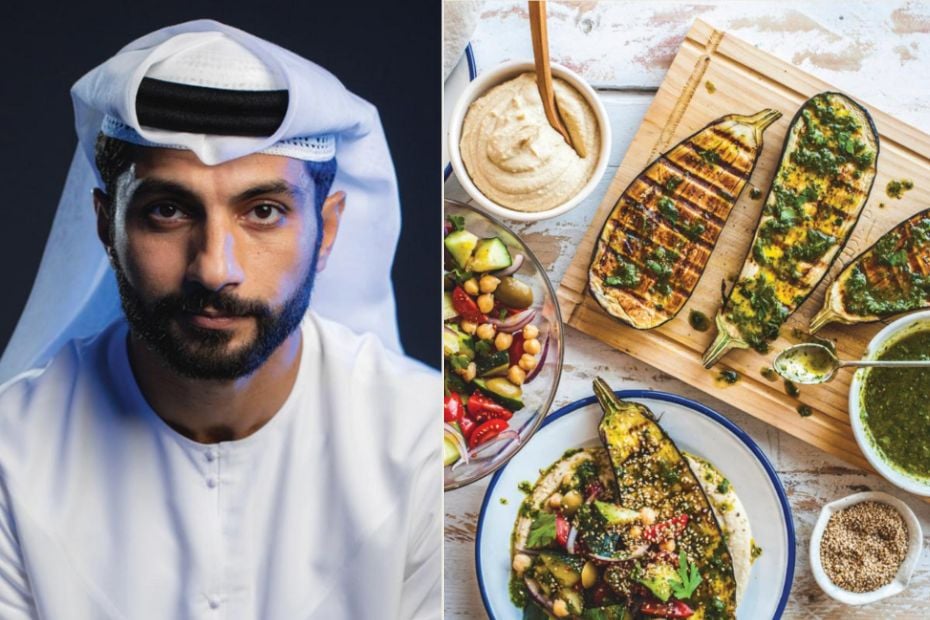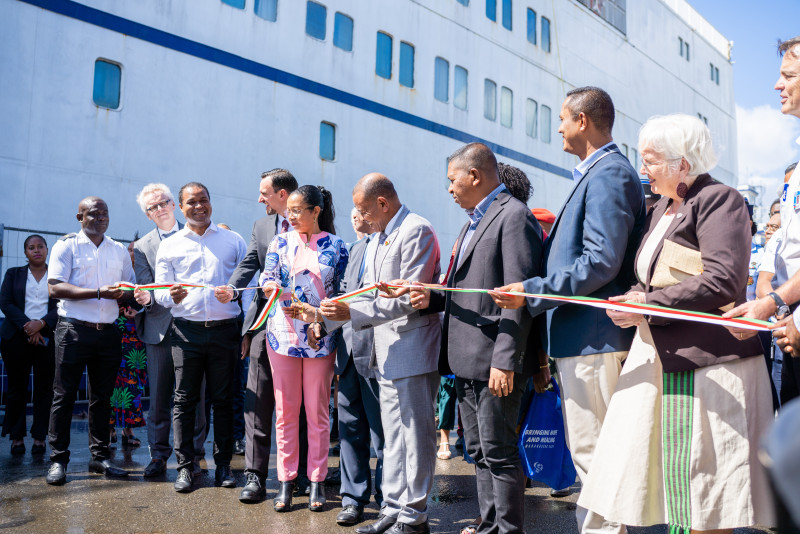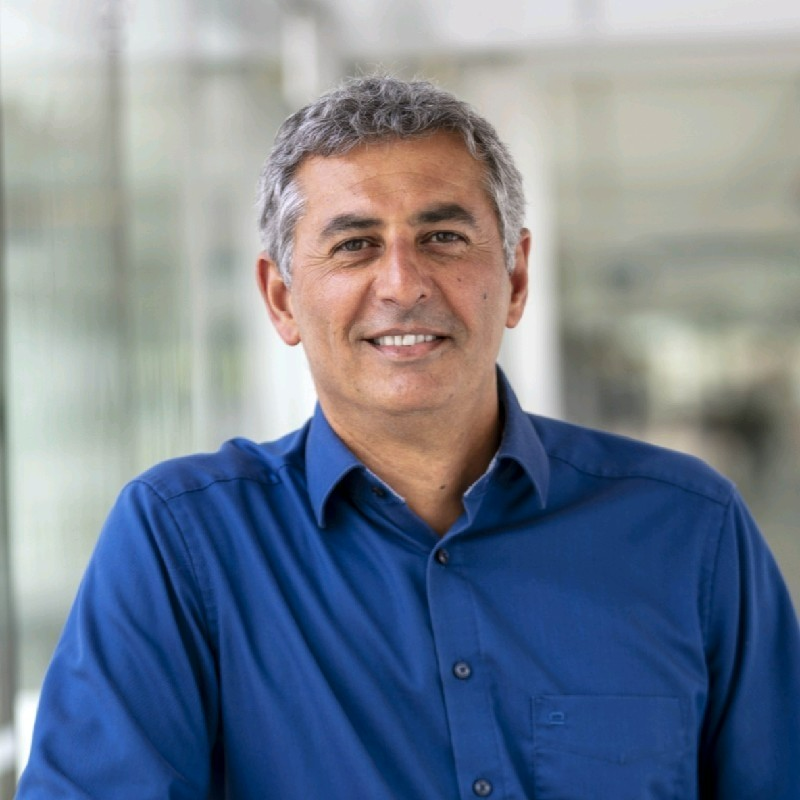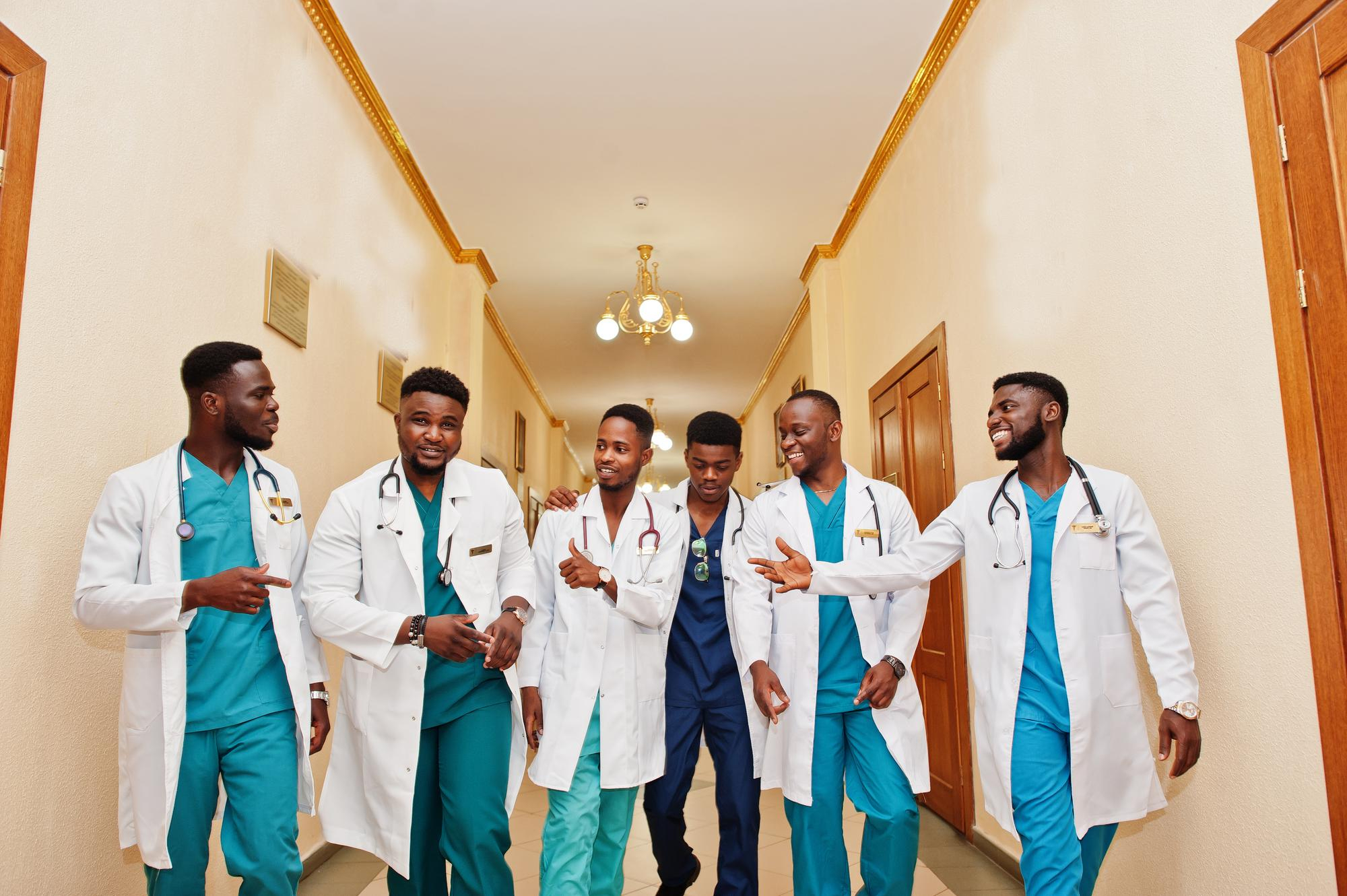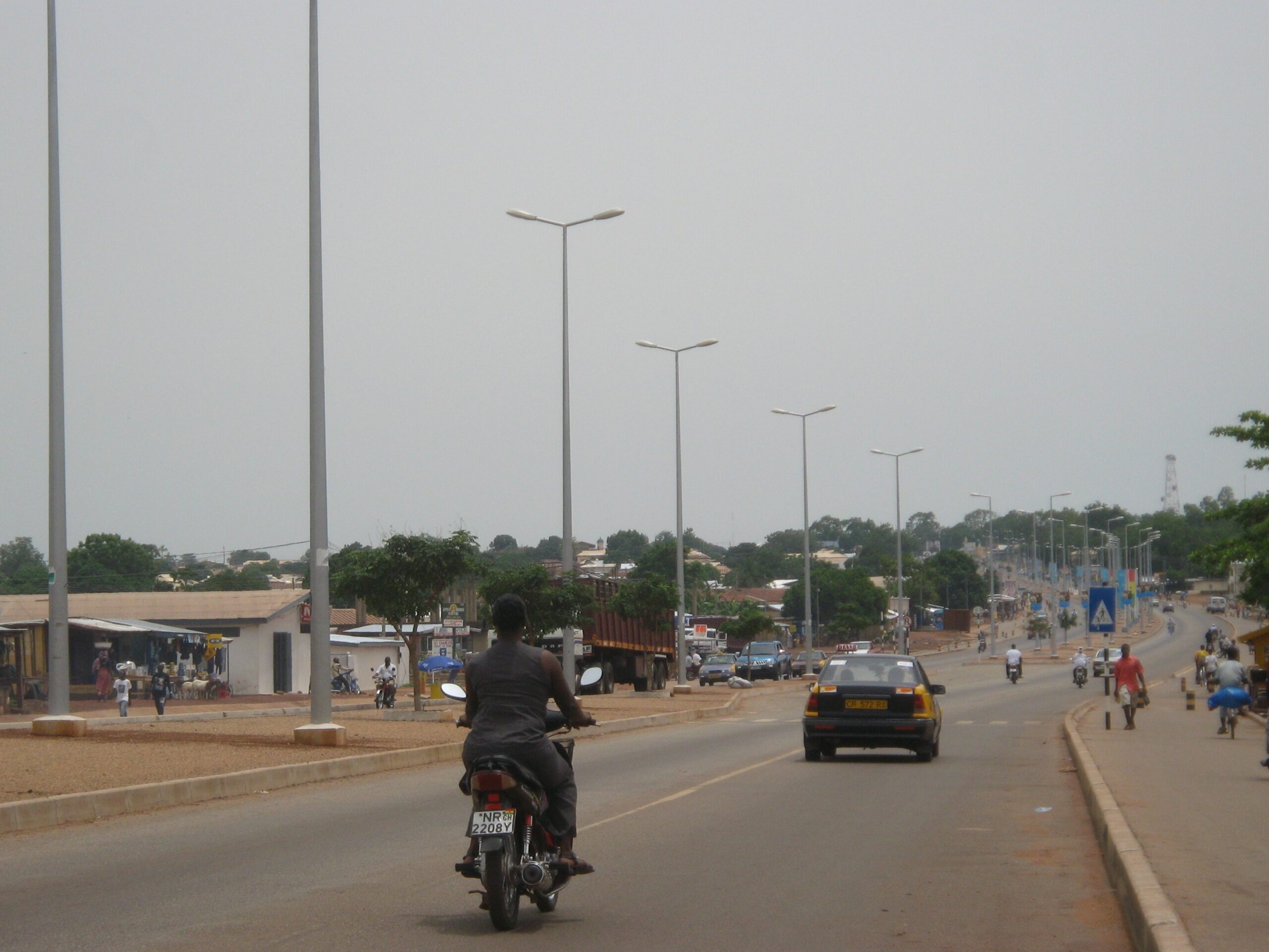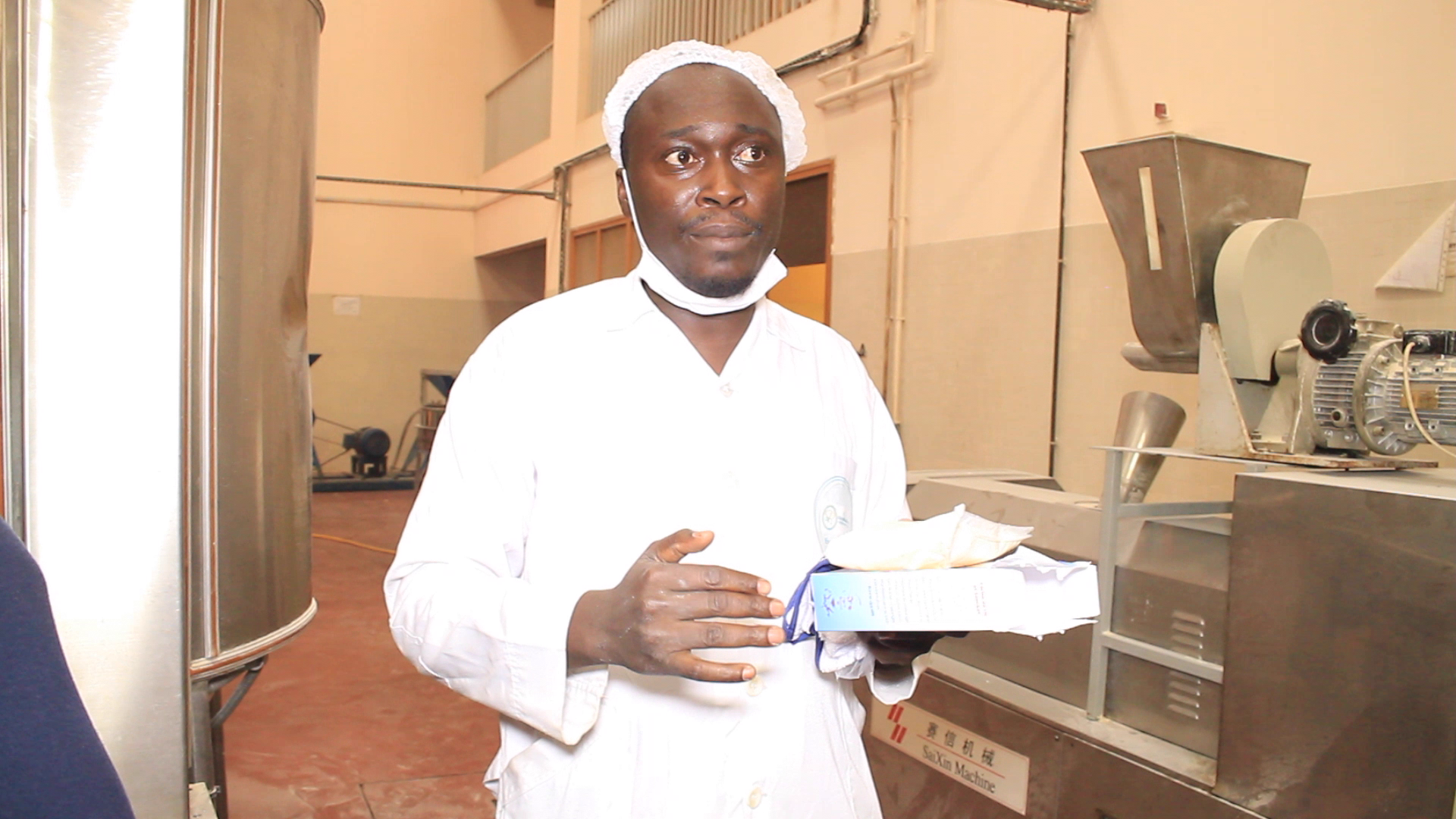Mahmoud Bartawi founded Under500, a brand that was ultimately acquired by dark kitchen outfit Kitopi after raising $700m from investors
Emirati serial entrepreneur Mahmoud Bartawi knows a thing or two about starting and exiting a business.
In 2016, Bartawi founded Under500, a brand that pioneered selling healthy meals consisting of less than 500 calories. Fast forward to 2021 and Under500 was acquired by dark kitchen outfit Kitopi after raising $700m through investors, including SoftBank’s Vision Fund 2. In a recent interview with Gulf Business, Bartawi gives some tips to budding entrepreneurs in the GCC.
Mahmoud Bartawi, can you give us the backstory to how Under500 started?
Ten years ago, I was going to the gym, trying to be healthy, and looking for healthy food options, but there weren’t many around me. I approached a couple of healthy food brands, asking if they would franchise their location to me. Essentially, I would pay a downpayment, and they would then provide me with the know-how to replicate their existing brand.
I first approached Subway, but they rejected me. Then I tried another local healthy food brand, but they said I didn’t have the necessary experience. At that time, I was a corporate banker with about five years of experience at major banks like Emirates NBD and FAB.
Facing the challenge of finding healthy food options and the rejections from these brands motivated me to start my own healthy food brand. That was the beginning of my startup journey with Under500. I found a great co-founder, and we grew the brand beyond Dubai and the UAE to include Saudi Arabia, Iraq, the US, the UK, and Kuwait.
Initially, we planned to franchise locations. We did franchise a few units in Iraq and Dubai, and we were on the verge of franchising in Saudi Arabia. However, we were interrupted by the emergence of cloud kitchens, which introduced the innovative concept of dark kitchens. We saw dark kitchens as the next step in franchising — Franchising 2.0 as I put it.
They allowed us to enter new markets more easily by providing locations and the ability to sell our brand without committing to a physical branch upfront. That marked the evolution of our startup.
How did you go about getting your first customer?
I believe that for any business, whether it’s technology or food, you need proof of concept before investing significant resources. For us, it started with a food tasting at home. I invited my friends over and hired an Italian chef and nutritionist to prepare the food. I would then have my friends try it and see if anyone was interested in buying it.
My advice for anyone starting a business is to create something and give it out to your neighbours for free, along with a note saying, “This is my contact information if you want to buy this or get more.” If out of ten neighbours, three come back wanting to pay for it, then you know you have a viable product.
Once you have initial interest, that’s where sales and marketing come in. The next step is scaling, reducing costs and figuring out how to produce your product on a larger scale. Creating a feedback loop is crucial.
The food and beverage sector has a lot of opportunities, but it is a crowded space. How did you find gaps in the market and still achieve scale?
The food business is indeed saturated. To navigate this, you need to look at current trends and understand what’s working. If I were to start a food business today, I would approach an aggregator like Deliveroo or Uber Eats, who have insights into various brands and their demand. They can tell you whether there’s more demand for chicken, meat, fish, or vegan options, for example.
Based on this information, you can identify trends and opportunities. Differentiation is key. You need signature dishes that set your brand apart. If your offering is something that anyone can make at home, it won’t stand out. So, create a few unique dishes that people will associate with your brand.
It’s also important to continuously iterate and improve. You should always strive to enhance your offerings. This could mean starting with a broad menu and refining it down to the most successful items. For instance, you might have 30 items initially, but through feedback and sales data, you might reduce it to the top-performing 10.
If you already have a brand on platforms like Deliveroo or Zomato, analyse what sells well and build a separate brand around those successful products.
If you don’t have a brand yet, approach these platforms to learn about current trends and popular items.
Sales and marketing are also crucial for any business. You need someone who understands the market and how to enter it successfully. Many businesses fail because they focus on operations first, rather than prioritising sales and marketing.
Do you think businesses and entrepreneurs in the UAE have the patience and resilience to test things out over time, as you’ve done?
I think patience and resilience are definitely there. However, what I see lacking is the time commitment. Many people here have full-time jobs and try to outsource the entire startup process. They don’t realise that a startup requires significant personal investment, including weekends and evenings. Doing a startup alongside a full-time job is like having two jobs, not just delegating tasks to someone else.
Often, I see people hiring a chef and giving them money to create a brand, treating it more like a hobby. Competing with someone fully dedicated to their startup will be very challenging if you’re not equally invested. Running a home business for fun is one approach, but if you’re serious, you need to set aside time for learning and research.
Understand your competitors, identify the best location, decide whether to focus on delivery or dine-in, and know your target customers. If you’re thinking of a unique concept, like a square pizza, gauge interest first. If there’s demand, then you can develop the product.
Market research is essential. Use tools like Excel and Google to document and analyse your findings. For example, search for healthy food options or car workshops in your area. Identify patterns, such as location and pricing. No one will hand you this information, so you need to actively seek it out.
SOURCE
CULF BUSINESS
